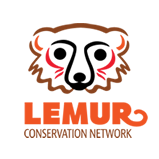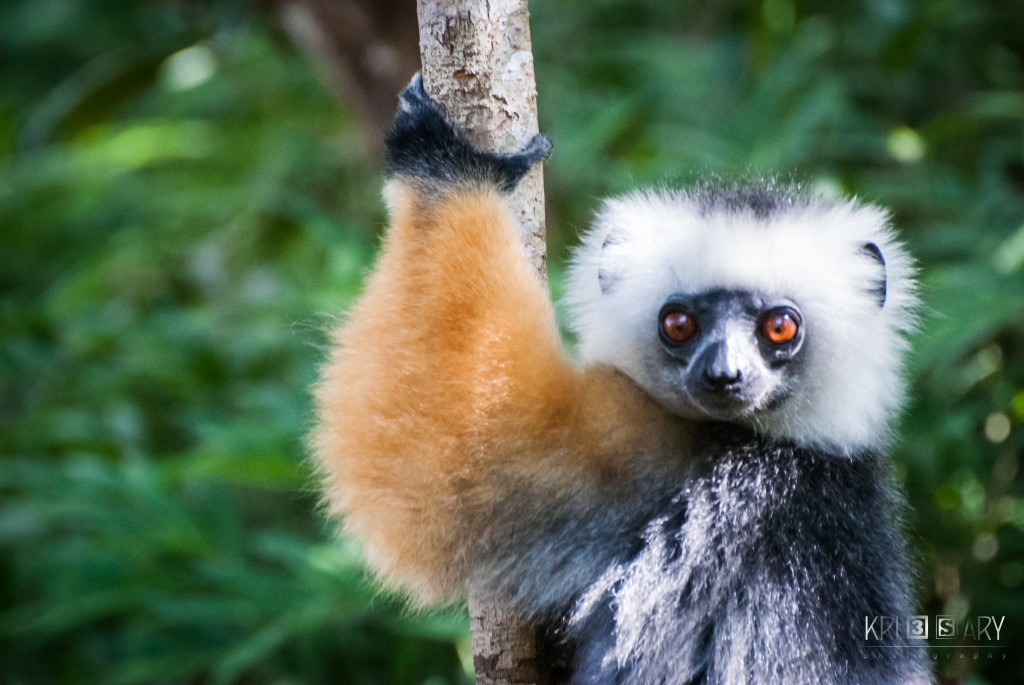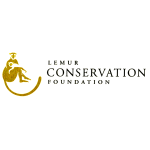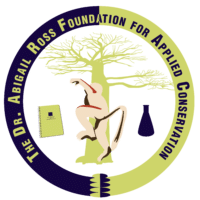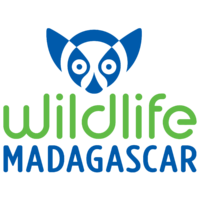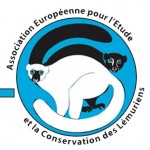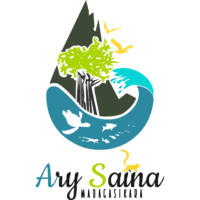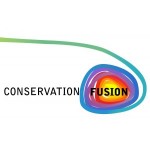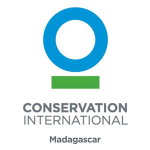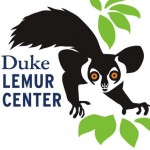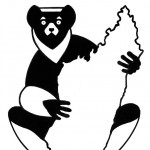Narrow conservation organizations and research groups by lemur species, what they do, and where they work in Madagascar.
- Lemurs they support
- Conservation work
- Community support
- Location
-
ADES
Supporting Member of LCNADES has 3 programs that work to reduce the demand for wood as a cooking fuel: efficient stoves, environmental education, and reforestation. These programs provide low-cost and sustainable solutions to counteract economic and environmental issues related to deforestation in Madagascar.
-
Lemur Conservation Foundation
Supporting Member of LCNThe Lemur Conservation Foundation is part of the Species Survival Plan through managed breeding at their reserve in Florida. In Madagascar, they support education programs and a tourist and research camp in Anjanaharibe-Sud Special Reserve, home to silky sifakas and indri.
-
The Dr. Abigail Ross Foundation for Applied Conservation (TDARFAC)
Supporting Member of LCNTDARFAC’s mission is to solve critical conservation problems by cultivating new approaches with innovative techniques and applications through the support of community-led initiatives. We focus on building capacity, amplifying voices, and partnering with local communities.
-
Wildlife Madagascar
Supporting Member of LCNWildlife Madagascar seeks to address Madagascar’s biodiversity crisis by integrating wildlife conservation programs with community development. They conduct scientific studies, provide habitat protection, and partner with local communities in training, resource use, and enterprise to create lasting and sustainable change.
-
AEECL
AEECL conducts community-based conservation in the Sahamalaza Peninsula in northwest Madagascar, including fire prevention, education, reforestation, and capacity building for ecotourism.
-
Ala Buissonnière
Ala Buissonnière inspires, educates, and feeds children in Madagascar through teaching programs and the cultivation of a botanical garden.
-
Ary Saina
Ary Saina is a group of Malagasy conservation biologists conducting scientific research and working with communities in the Ihofa Forest and Ranomafana National Park.
-
Aspinall Foundation
The Aspinall Foundation partners with local communities to implement effective, targeted conservation actions to protect a small number of high priority lemur species and their habitats, including greater bamboo lemurs, black-and-white ruffed lemurs, and indri.
-
Centre ValBio & the Institute for the Conservation of Tropical Environments
ICTE and Centre ValBio focus the world’s attention on Madagascar’s lemur crisis through targeted research, conservation, and capacity building. Their research station at the edge of Ranomafana National Park enables long term research and collaboration with the local community.
-
Conservation Fusion
Conservation Fusion conducts education programs with communities in northern (Antsiranana), eastern (Alamazaotra and Kianjavato), and southern Madagascar (Lavavolo).
-
Conservation International
Conservation International has been working in Madagascar since 1980. Their work includes biodiversity protection, environmental policy, scientific research, grant-giving, publication and community programs, and has impacted over 30 lemur species.
-
Duke Lemur Center
The Duke Lemur Center (DLC) advances science through interdisciplinary research on lemurs at its living laboratory in North Carolina. The DLC SAVA Conservation project conducts conservation through environmental education, community development, and research in northeast Madagascar.
-
Durrell Wildlife Conservation Trust (American Friends of Durrell)
The Durrell Wildlife Conservation Trust (DWCT) has been conducting conservation in Madagascar since 1983. The American Friends of Durrell support the Alison Jolly Madagascar Scholarship and cover the core costs of all of Durrell’s projects in Madagascar, including those in Lake Alaotra.
-
Eden Reforestation Projects
Eden Reforestation Projects has 46 project sites in Madagascar, employing over 3,400 people and planting over 77 million trees. They began with mangrove reforestation in 2007, and grew to include dry deciduous forests in 2012 and highland forests in 2020.
-
GERP: Groupe d’étude et de recherche sur les primates de Madagascar
With nearly 200 Malagasy members, including scientists and primatologists, GERP works with local communities to conserve lemurs and manages the Maromizaha forest in eastern Madagascar.
